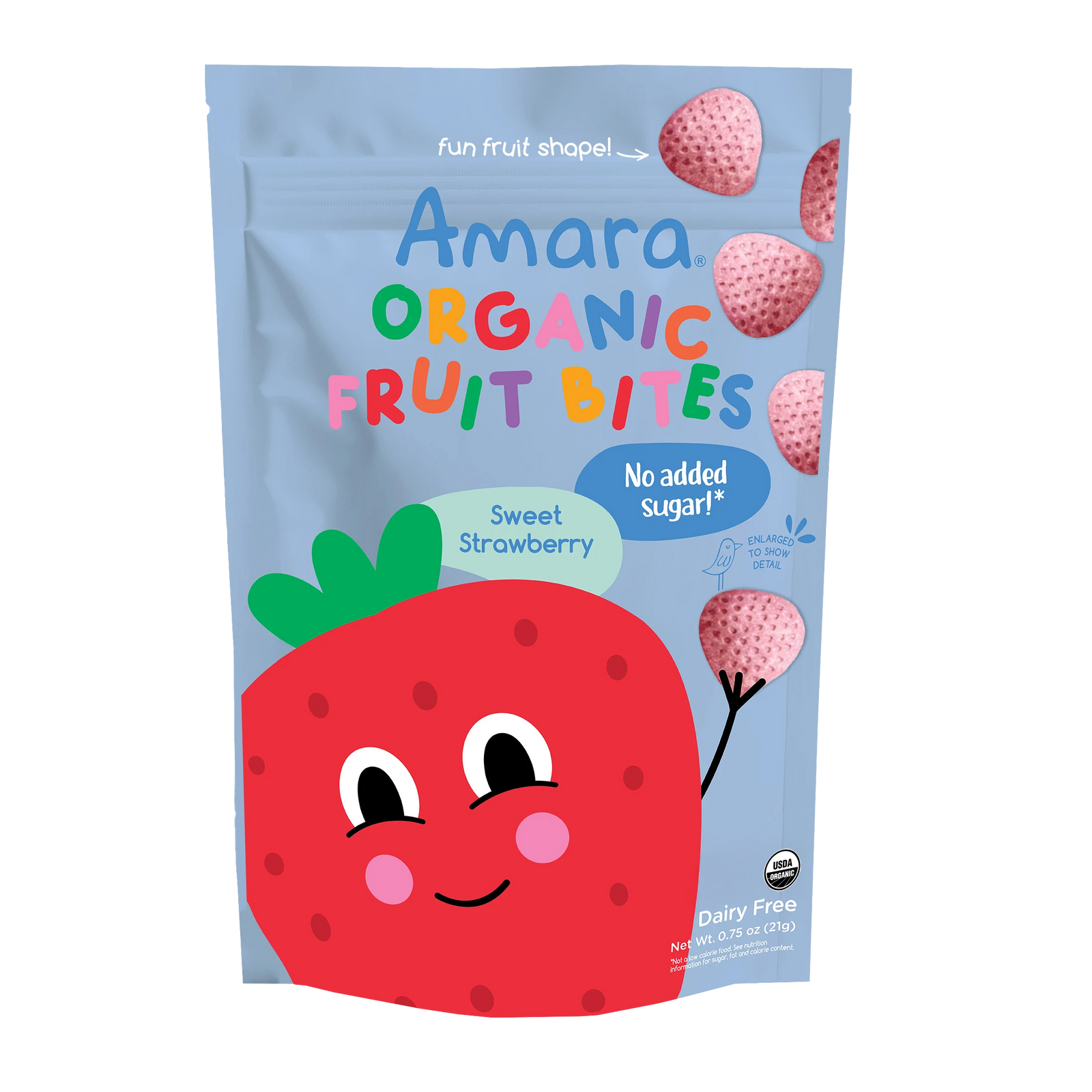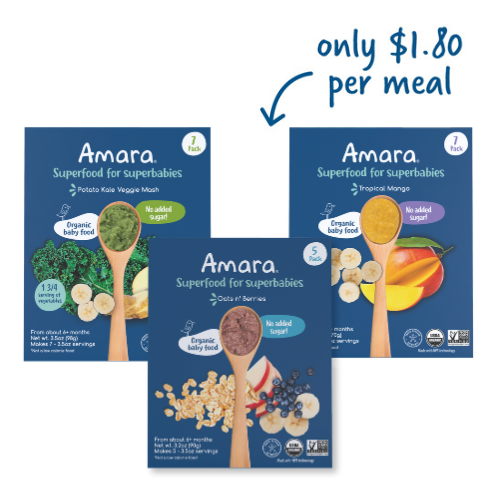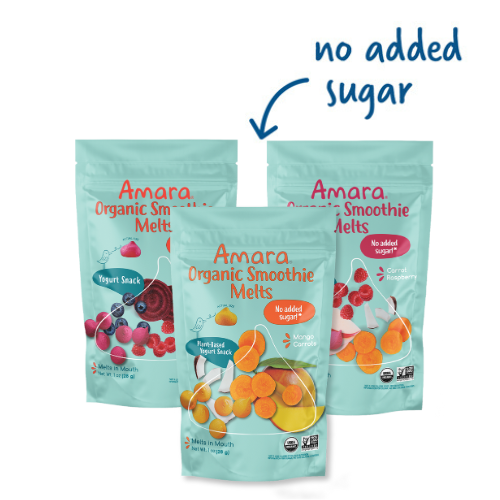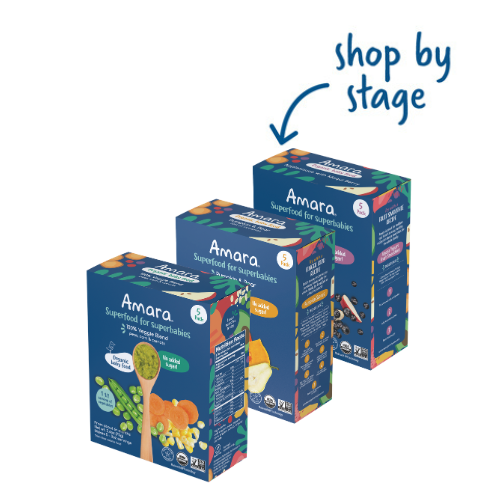
What is eczema? Why do babies get it?
Eczema is the common label for an inflammatory medical condition called atopic dermatitis. It’s a chronic, relapsing skin disorder characterized by itchy, dry, red skin that may look flaky, rashy, or scaly, too. Eczema can vary widely in terms of how severe it is, tends to flare up periodically, and also frequently goes hand-in-hand with heightened sensitivities to food and/or environmental allergens.
Unfortunately, there’s no known cure for eczema, and doctors also aren’t entirely sure exactly what causes it — instead, they believe eczema is the result of multiple interacting environmental and genetic factors. It’s presumed that people who experience eczema may have an overactive immune system that essentially responds disproportionately to some internal or external stimulus (in other words, the body overreacts to something it wouldn’t otherwise, and this undue response is what causes the characteristic skin inflammation).
Eczema is a very common condition, and in fact rates have been increasing; in the last 30 years, the prevalence of eczema has risen two- to three-fold. Today, the National Institute of Allergy and Infectious Diseases estimates that about 30% of Americans (more than 31 million people) suffer from some form of eczema.
Technically, anyone can develop eczema at any age, but it’s much more common in babies and young children. In fact, more than half (60%) of children diagnosed with eczema are diagnosed before they turn one, and about half of all young children who develop eczema go on to develop an allergy.
Note: Eczema is NOT contagious!
What are eczema symptoms like?
Eczema looks and feels different for everyone, so there’s no universal way to describe it’s symptoms. Technically, there are multiple different categories of eczema, each of which can occur at different ages, on different areas of the body, and can range in severity from mild to moderate to severe.
Some of the most common descriptors patients use to describe eczema include:
- Itchy skin;
- Dry, sensitive skin;
- Inflamed, discolored (usually red) skin;
- Rough, leathery, or scaly patches of skin;
- Oozing and crusty skin (this can happen especially when the skin becomes so itchy that patients scratch it too aggressively — OWWW); and
- Swelling.
What are some reasons babies get eczema?
As mentioned, there is no clear singular cause for eczema. But scientists are starting to put together some pieces of the puzzle, and they have been able to identify certain risk factors. So while we may not have an answer to the question of “what causes eczema?” — we can, to a certain extent, perceive who is most at-risk for developing eczema.
One factor? Diet.
The Gut Microbiome
Researchers are learning more everyday about just how significant the gut microbiome is to healthy bodily functioning, including the immune system. In specific, studies have shown that our gut microbiota actually plays a role in modulating our immune systems, which in turn can affect our chances of developing allergies, autoimmune disorders, and cardiovascular and metabolic disease (holy cow, right?).
One simple way to support the gut microbiome is to take a probiotic — a recent randomized-controlled trial even showed that probiotic use (by the mom during pregnancy and the baby in early infancy) reduced the chances of some kinds of eczema. These days, probiotics are actually pretty easy to find for both adults and children alike. (To be clear — this evidence is hardly a slam dunk, but there are many proponents! In Europe, standard eczema treatment protocols typically involve a probiotic.)
Starting Solids
Although many parents may think that the timing of starting solids has anything to do with eczema (i.e., when you start introducing solid foods), the evidence actually doesn’t bear this one out.
However, there is robust evidence indicating that babies with eczema are at a higher risk for developing a food allergy, and the newest research projects have indicated that introducing allergenic foods earlier (as in, from 4-12 months, rather than after 12 months) actually can help prevent food allergies. (This is another one of those medical about-faces, by the way — because the recommendationused to be just the opposite: steer clear of allergens until one. Now, pediatricians recommend earlier exposure to help preclude allergies from developing.)
*Fun fact: Babies who are exclusively breastfed (3-4 months) have a lower risk for eczema.
Will Baby Eczema Go Away? To summarize what we know...
Eczema is no fun — it’s uncomfortable at best and painful at worst, even for babies. Among infants and children, it’s especially concerning because of its high association with food allergies (which themselves are also becoming increasingly prevalent).
The good news is that ascertaining a food allergy in a child with eczema can actually help alleviate the condition — eliminating the allergenic foods from the child’s diet can lead to a phenomenon medical professionals refer to as “disease exacerbation.” So “treating” a food allergy (by not consuming the foods) can sometimes improve if not eradicate eczema on an individual basis.
But on the downside, living with a food allergy — or allergies — can be trying. And this overall situation with eczema and diet is sort of the classic “chicken or the egg” conundrum. It’s clear that there is a strong link between eczema and diet, but it’s unclear exactly what that link is.
For now, we think it’s helpful to know what eczema is, how common it is, and that the correlation between eczema and food allergies is quite prevalent. As current research suggests, introducing allergenic foods early may help; as can eating accordingly later on. We’ll presumably be seeing more work on this topic in the coming years, especially as both eczema and allergies are on the rise. We’ll keep you posted!
*Something to know: Nutritionists believe that eating a well-balanced diet, including plentiful vegetables, fruits, and whole grains, can help reduce eczema symptoms. Foods rich in antioxidants, vitamins and minerals play an important role — and healthy fats (such as canola oil, olive oil, and fatty fish), are antinflammatory, so these may help as well. All of Amara’s complementary infant foods feature the incredible tastes, textures, and nutrients of the whole foods they’re made from — they have the same nutrient profile and the same amazing flavors as “real food” with all the ease and convenience of packaged baby food. If you’re interested in approaching food as a healthful way to alleviate eczema symptoms (or keep them at bay in the first place!), check out our full line of nutritious, organic baby foods.
C Barthow et al., The Probiotics in Pregnancy Study (PiP Study): rationale and design of a double-
blind randomised controlled trial to improve maternal health during pregnancy and prevent infant eczema and allergy. BMC Pregnancy and Childbirth 2016
J Obaggy et al., Complementary feeding and food allergy, atopic dermatitis/eczema,
asthma, and allergic rhinitis: a systematic reviewAm J Clin Nutr 2019
D Maslin et al., Direct infant ultraviolet light exposure is associated with eczema and immune development: a critical appraisal. Br J Dermatol 2020
CSC Tan-Lim et al., Comparative effectiveness of probiotic strains on the prevention of pediatric atopic dermatitis: A systematic review and network meta-analysis. Pediatr Allergy Immunol 2021
CJ Lodge et al., Breastfeeding and asthma and allergies: a systematic review and meta-analysis. Acta Paediatr 2015
FR Greer et al., The Effects of Early Nutritional Interventions on the Development of Atopic Disease in Infants and Children: The Role of Maternal Dietary Restriction, Breastfeeding, Hydrolyzed Formulas, and Timing of Introduction of Allergenic Complementary Foods. Pediatrics 2019
https://onlinelibrary.wiley.com/doi/10.1002/msj.20289









Leave A Comment